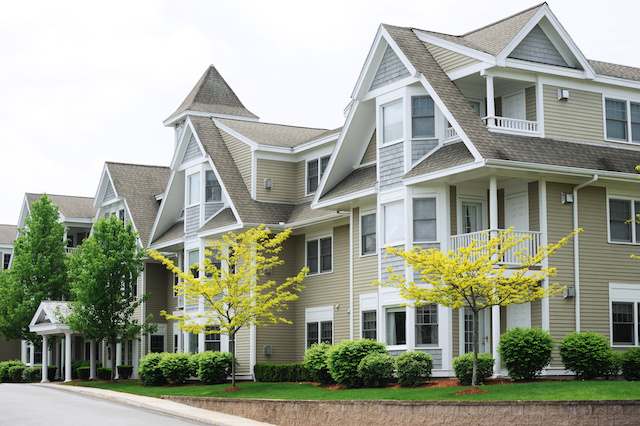Effective as of August 9, 2017, HOA board members, attorneys, and management representatives in Arizona face new legal requirements and frameworks in 2017. Read on for important changes in Arizona HOA law regarding how HOAs conduct meetings, operations, and seek review of ALJ decisions, as well as a few proposed HOA laws that failed to pass.
Arizona Requires More Transparency in HOA Meetings
After saying that, in his administration, “we’re not going to be regulating the HOAs,” Governor Doug Ducey went ahead and signed into law HB 2411, which does in fact provide further regulation of how HOAs conduct meetings and operations in general, saying that the bill, “promotes transparency and participation for all residents in homeowners’ association governance.”
Under HB 2411, HOAs are now subject to the following rules:
-
- Homeowners do not have to provide advance notice of videotaping or audio recording of meetings.
-
- HOAs can prohibit audio or visual taping of meetings so long as the board records the meeting and provides the unedited recording to any member requesting it.
-
- HOAs must notify the members before going into a closed portion of the meeting and when the notice is given it must recite what specific statutory authority authorizes the closed meeting.
-
- The ballot (not the envelope) must contain the name, signature and address of the voting member. If voting via secret ballot, only the envelope needs to have the name, signature and address on it.
- Emergency HOA meetings may only deal with emergency matters and only if it cannot wait 48 hours.
ALJ Administrative Decisions Will Continue to Be Treated With Deference by the Courts
As most HOA board members already understand, Arizona HOA law has long provided that disputes between HOAs and homeowners – whether brought by the HOA or the homeowner – could be resolved through an administrative “HOA Dispute Process” in the Arizona Department of Real Estate (ADRE). Such disputes are resolved by the decision of an administrative law judge (ALJ) in the ADRE.
The standard procedure for review on appeal had been that, if either the HOA or the homeowner wished to appeal the ALJ’s decision in the Arizona civil courts, the court would only overturn the ALJ’s decision if the court determined that the decision was contrary to law, not supported by substantial evidence, arbitrary and capricious, or an abuse of discretion. This is a high standard indeed, meaning that an ALJ’s decision typically remains final.
A proposed change to that law in ARS 12-910 had sought to modify the review standard used by a trial court to one “without regard to any previous determination.” Ultimately, however the new version of ARS 12-910 signed into law retains the standard that the trial court should affirm the ALJ’s decision unless it was contrary to law, not supported by substantial evidence, arbitrary and capricious, or an abuse of discretion.
The HOA Bills That Did Not Pass
While HB 2411 and SB 1072 are now the law of the land for HOAs in Arizona, here are a few proposed HOA-related bills that did NOT pass:
-
- HB 2321: a bill that would have prohibited cumulative voting in Arizona and would have required a “one homeowner, one vote” system for HOA votes
-
- HB 1113: a bill that would have restricted HOAs from prohibiting artificial grass within the community
-
- SB 1240: a bill that would have prohibited HOAs from overseeing parking enforcement within the community, regardless of the date of the HOA declaration
-
- SB 1288: a bill that would have placed increased restrictions on a HOA board member to participate in deliberations or voting when a conflict of interest exists
- SB 1401: a bill that would have prevented HOA employees, contractors, or community managers from receiving any undisclosed fee, gift, gratuity, or commission from a vendor
Contact an HOA Lawyer for Further Help
At Goodman Law Group, our sole focus is on meeting the legal needs of HOAs, including creating and implementing HOA policy and responding to homeowner concerns. Contact us today to discuss any legal challenge your HOA is facing.

